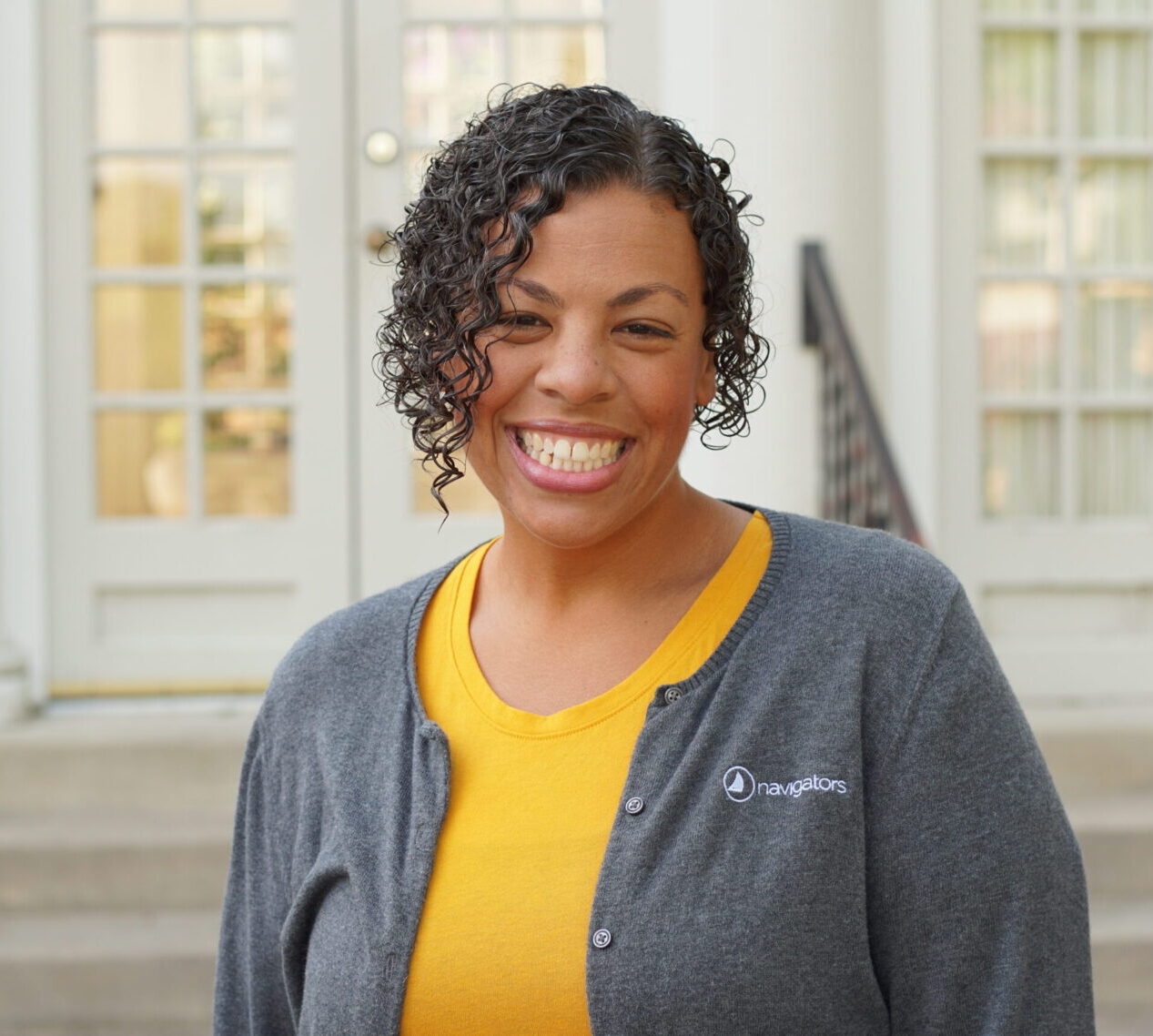For a few weeks after George Floyd was murdered, I had many non-African American friends, primarily Christians, contact me and ask how I was doing and what they could do to learn more about the black experience in America. Each time my response was “contact me in a month or two when things die down if you really want to understand.”
No one followed up.
You see, I said this to people for two reasons: one, I was emotionally exhausted and internally battling a lot of rage, sadness and fear for my future brown children, and two, I wanted to see if people meant what they said or was it just the hot topic to get behind in the moment.
I was discouraged, and it furthered my anger.
Yet two years later—after lots of processing, praying and tears—I still wonder:
- Why is it natural in our culture to talk about racism or discrimination only when it is a hot topic?
- Why does it seem that the Church (you and me) is reactive instead of proactive?
- Why can’t we be honest with the role the Church has had with slavery, the civil rights movement and power over the marginalized?
- What would it look like for the Church to be leading the change towards understanding and redemption as it pertains to ethnic conciliation* regardless of the conversations going on in society?
I acknowledge that things are slowly changing in our country. Some days it feels like one step forward, two steps back, but it is changing.
So, I ask you what has it looked like for you these past few years engaging in ethnic conciliation*?
- What learning opportunities are you taking advantage of while things are quieter? (This includes you if you are an ethnic minority reading this as we have opportunities to learn about our fellow BIPOC** friends & family.)
- Are you actively pursuing relationships with people who don’t look like you, not as an agenda, but because it will enhance your life and understanding of who God is? Maybe this could happen at your local minority-owned restaurant or business?
- Are you introspectively asking questions like, “Are there things I say or do that make a BIPOC person feel substandard as an image bearer of God?”
Being half black and half white, I have much to discover as God uses me as a bridge builder. We as peacemakers have a unique opportunity to lead in conciliation while being learners. They go hand in hand. But we also need to be growing in bridge building and peacemaking during times when the news outlets aren’t overwhelmed with another unarmed black man murdered. It may be stretching and hard to enter in to another person’s culture and history, but it will also be one of the most beautiful things you can do while being used by God to further his Kingdom.
*There is a growing feeling that the term is conciliation as opposed to reconciliation because we have not reconciled this yet in our country. See this excerpt and book for more information.
**Black, Indigenous, and people of color
*This blog was written before the deadly shootings in Buffalo, NY and at the Taiwanese church in Laguna Woods, CA.
Resources to Consider
Intensional by DA Horton
The Color of Compromise by Jemar Tisby
Brown Church by Robert Chao Romero
Black-ish (TV show rated TV-14)


